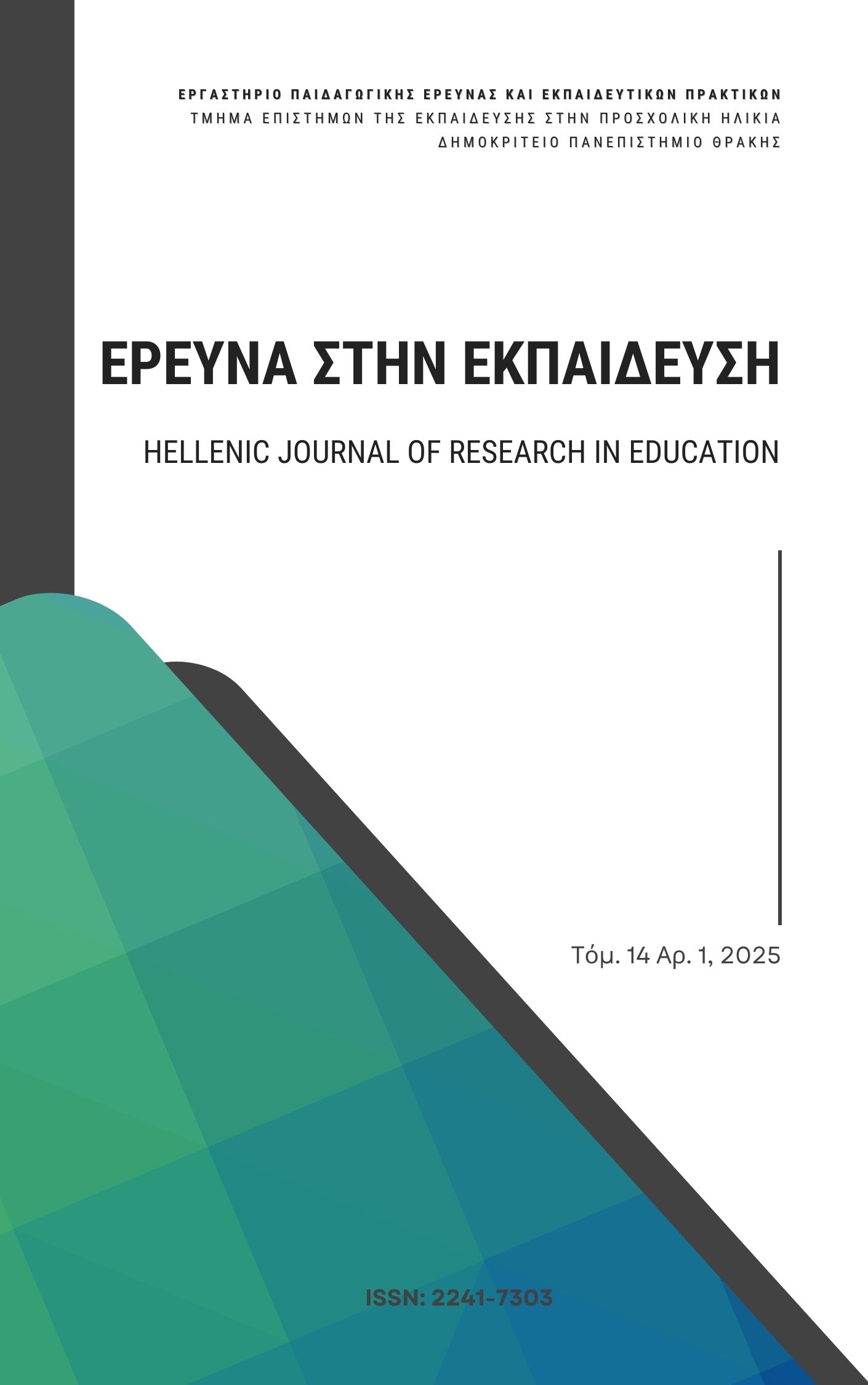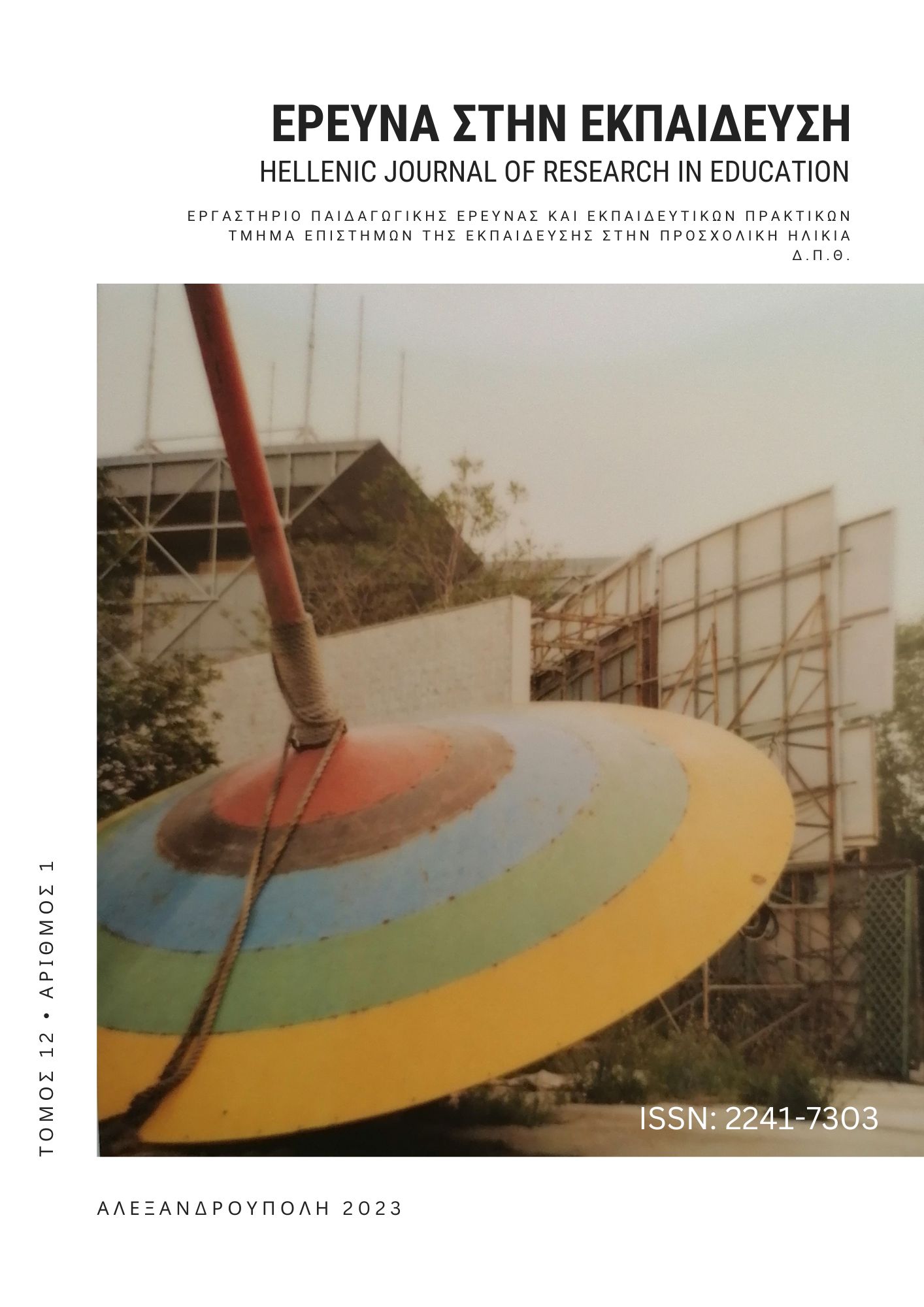Defining the main ethical and leading qualities of school principals

Abstract
The purpose of the present research was the precise determination of the concept of a "good" educational leader through the detection of their most important ethical and leadership characteristics. In this direction, it was considered necessary to exclusively participate in active educational staff (Principals of school units). The identification of the main ethical and leadership characteristics of an educational leader was achieved as follows:
Through bibliographic research, the ten (10) main ethical and the eleven (11) main leadership characteristics of a leader were identified. Then, initially in a pilot survey of twenty-five (25) Principals of primary and secondary level schools, and then in the main survey, with one hundred (100) participants from all regions of the country, it was requested to identify the five (5) most important features from each category and their ranking of importance. Justice (fairness), integrity and calmness (gentleness) were placed by the Principals interviewed at the top of the main ethical virtues of an educational leader, while organizational skills, the ability to inspire subordinates and empathy were chosen as their most important leadership characteristics.
Article Details
- How to Cite
-
Spyridakis, A., Argyropoulou, E., & Lintzerakou , E. (2025). Defining the main ethical and leading qualities of school principals. Hellenic Journal of Research in Education, 14(1), 16–31. https://doi.org/10.12681/hjre.38949
- Issue
- Vol. 14 No. 1 (2025)
- Section
- Articles

This work is licensed under a Creative Commons Attribution-NonCommercial-ShareAlike 4.0 International License.
Authors who publish with this journal agree to the following terms:
- Authors retain copyright and grant the journal right of first publication with the work simultaneously licensed under a CC-BY-NC-SA that allows others to share the work with an acknowledgement of the work's authorship and initial publication in this journal.
- Authors are able to enter into separate, additional contractual arrangements for the non-exclusive distribution of the journal's published version of the work (e.g. post it to an institutional repository or publish it in a book), with an acknowledgement of its initial publication in this journal.
- Authors are permitted and encouraged to post their work online (preferably in institutional repositories or on their website) prior to and during the submission process, as it can lead to productive exchanges, as well as earlier and greater citation of published work (See The Effect of Open Access).




